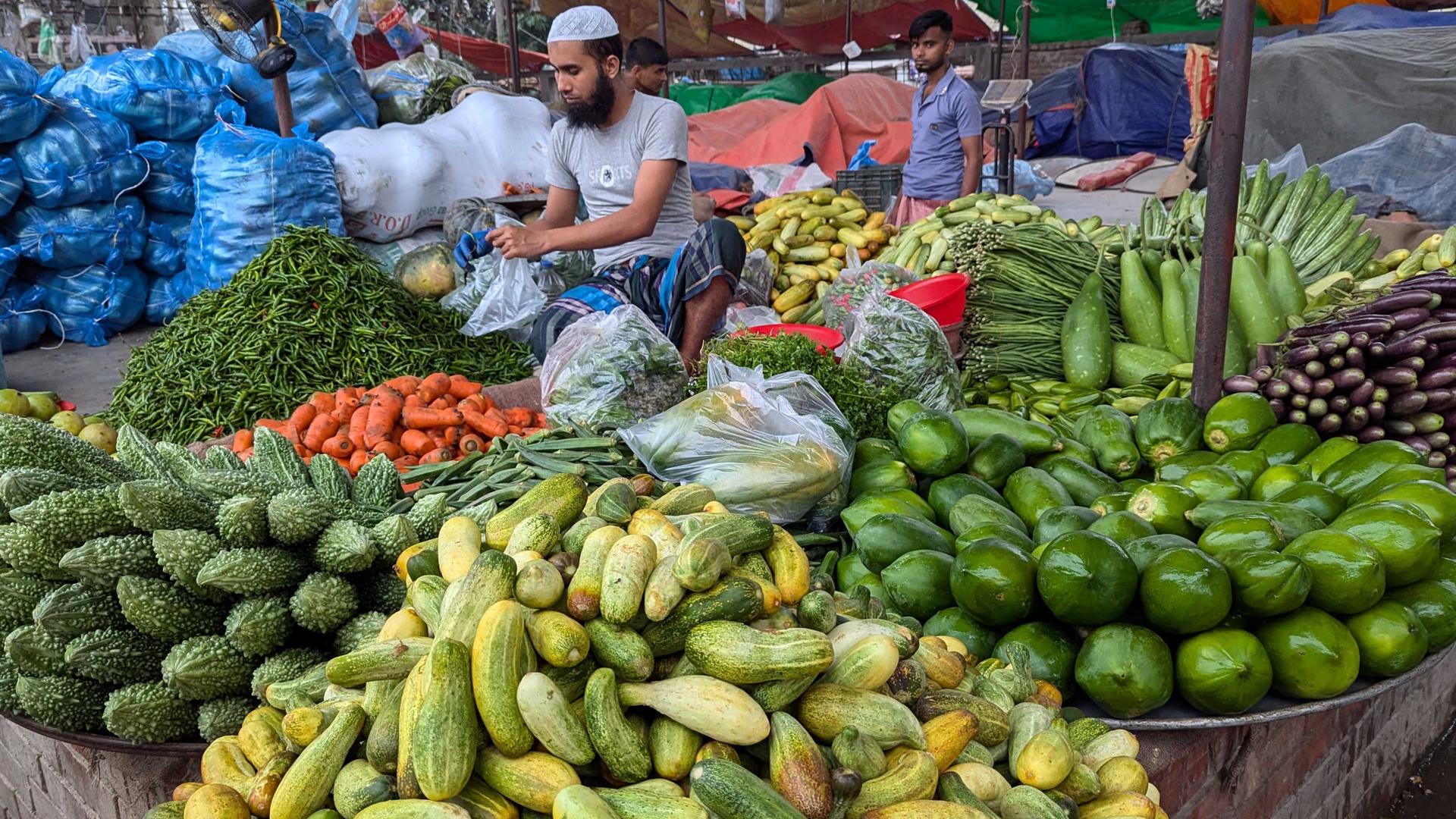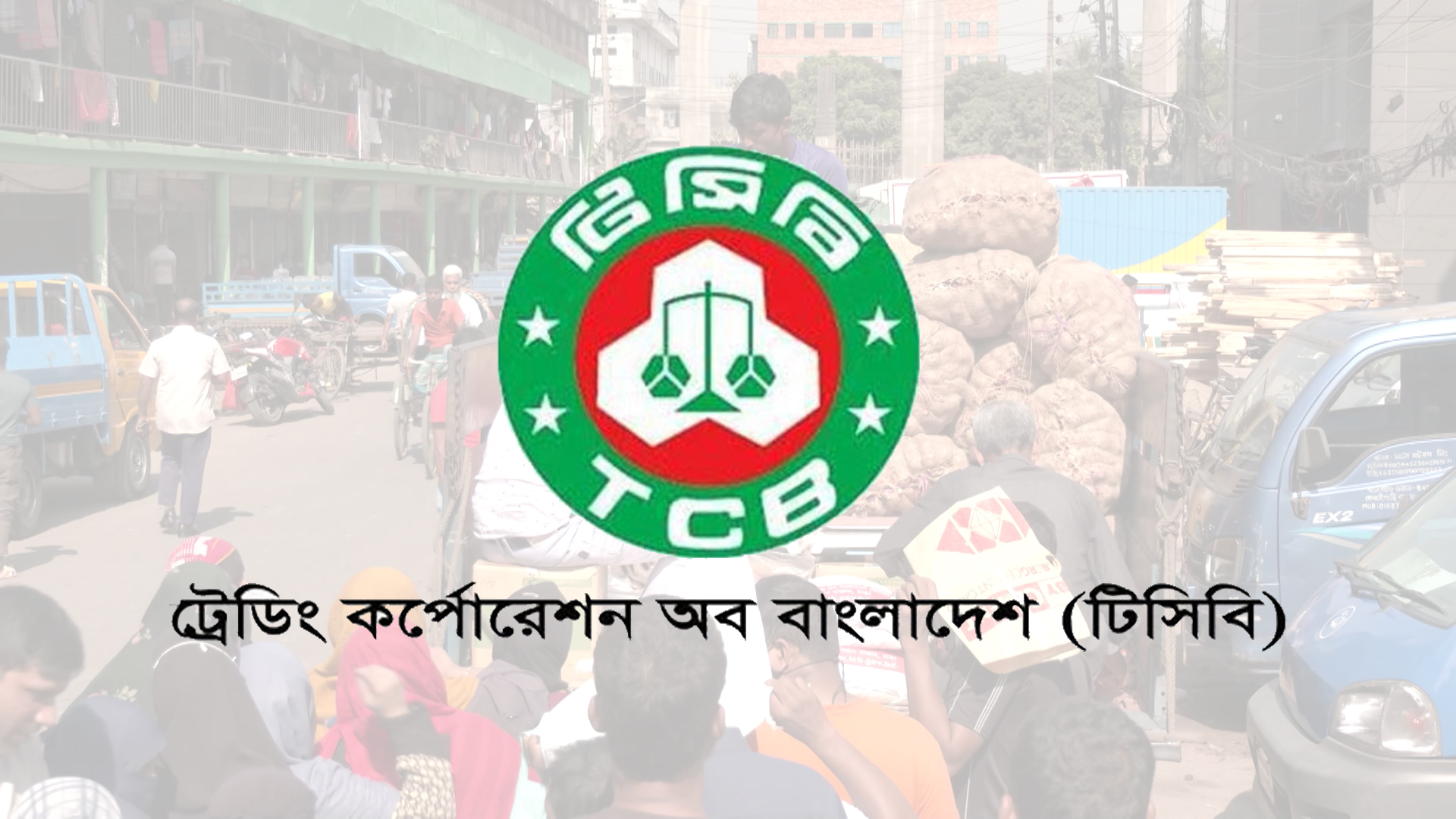A Woman’s Guava Purchase: A Mirror of Bangladesh’s Economic Struggles

A Morning in the Market
On a bustling Thursday morning in Dhaka, a woman approached a fruit stall to buy guavas. The vendor quoted 90 taka per kilogram. Startled, she protested, “But I bought them for 55 just yesterday! I’ll pay 60 today.” The seller shook his head, explaining that his wholesale cost alone had risen to 80 taka. After fruitless bargaining, she walked away empty-handed—her bag light, her face heavy with quiet despair.
Inflation on the Rise
This minor incident captures a much larger reality. Across Bangladesh, the prices of daily essentials climb almost by the hour. A fruit or vegetable sold for 50 taka last week now costs 80 or 90. Retailers insist they have no choice: their own procurement costs are soaring. Consumers and sellers alike are trapped in an unrelenting spiral of rising costs.
Shrinking Household Power
The more profound crisis lies in the erosion of the purchasing power of ordinary people. With stagnant wages, limited income, and relentless inflation, families find themselves cutting back. Diets are narrowing. Fish, meat, and fruit—once staples of the middle-class table—are now slipping into the category of luxury items. Families that used to serve beef weekly struggle to afford it even once a month.

From Variety to Scarcity
Food insecurity is no longer the burden of people experiencing poverty alone. Middle-class households are also struggling. Many now subsist on rice, lentils, and mashed vegetables. At the market, people lift their favorite fruit or vegetable, only to set it back down after a glance at the price tag. Diets are losing diversity, malnutrition is growing, and the frustration of parents unable to buy fruit for their children is visible in their eyes.
A Distressed Economy
Several factors are fueling the crisis: global market volatility, a weaker taka against the dollar, reliance on imports, rising fuel costs, and domestic policy failures. Farmers still fail to secure fair prices for their produce, yet consumers pay more because of profiteering middlemen. Meanwhile, with job creation stagnant, household incomes are not rising. For many, the economy feels stuck in place—paralyzed.
Stories Behind Every Purchase
The woman who could not buy guavas represents countless others. Some families forego eggs for lentils; others skip fish in favor of greens. Everywhere, the same question lingers: “Where is our economy headed?”
Markets have become the most visible battleground of the economic crisis. Families now account for every taka spent. That woman’s disappointment mirrors the shared anxiety of millions. Without swift and effective reforms, food security and daily survival will face even greater strain.

Analysis and Perspectives
What Experts Say
Economists identify three primary drivers of the current instability. First, the devaluation of the taka has made imports—such as wheat, edible oils, and lentils—more expensive. Second, weak supply chains mean farmers’ goods do not reach consumers at fair prices. Third, regulatory oversight is insufficient, leaving space for manipulation. They warn that if left unchecked, the crisis will endanger long-term food security.
Farmers’ Frustration
Farmers in rural areas complain of wide gaps between their selling price and the city retail price. A farmer might sell tomatoes for 30 taka per kilogram, but by the time they reach Dhaka, they cost 80. Farmers see no gain, consumers pay unfair prices, and middlemen capture the profits.
Wholesale Instability
Wholesale markets, too, are chaotic. Importers facing dollar shortages bring goods in at higher costs. Sometimes, artificial shortages are intentionally created, driving prices even higher. Retailers bear the brunt, and ordinary consumers pay the price.

Voices from the Households
Middle-class homemakers in Dhaka say every trip to the market brings a new shock. Many have dropped fruit from their family diets altogether. Buying milk, eggs, or fruit for children has become a painful calculation. One mother said, “I wanted to buy apples for my child. But when I heard 490 taka a kilo, I had to walk away.”
The Global Factor
Events abroad ripple directly into Bangladesh. The Russia-Ukraine war has driven up wheat prices, while unrest in the Middle East has inflated fuel costs. These global pressures feed into local markets, compounding domestic challenges.
Government Efforts—and Limits
The government has turned to the Trading Corporation of Bangladesh (TCB) to sell essentials at subsidized prices. But supplies are limited, and not all families benefit. Weak market monitoring also leaves room for manipulation and artificial shortages.

Looking Ahead
Bangladesh’s greatest challenge is restoring the purchasing power of its people. That requires:
- • Job creation to increase incomes
- • Lowering production costs
- • Ensuring fair prices for farmers
- • Tighter regulation of markets
- • Stronger social safety nets
Final Reflection
The woman’s silent frustration at being unable to buy guavas is not just a personal struggle—it is a reflection of Bangladesh’s economic distress. Every trip to the market has become a test. Every choice cuts the family’s budget a little more.
If stability does not return soon, suffering will deepen, and social unrest will grow. Urgent, effective action is needed so that ordinary families can once again afford their basic meals.












